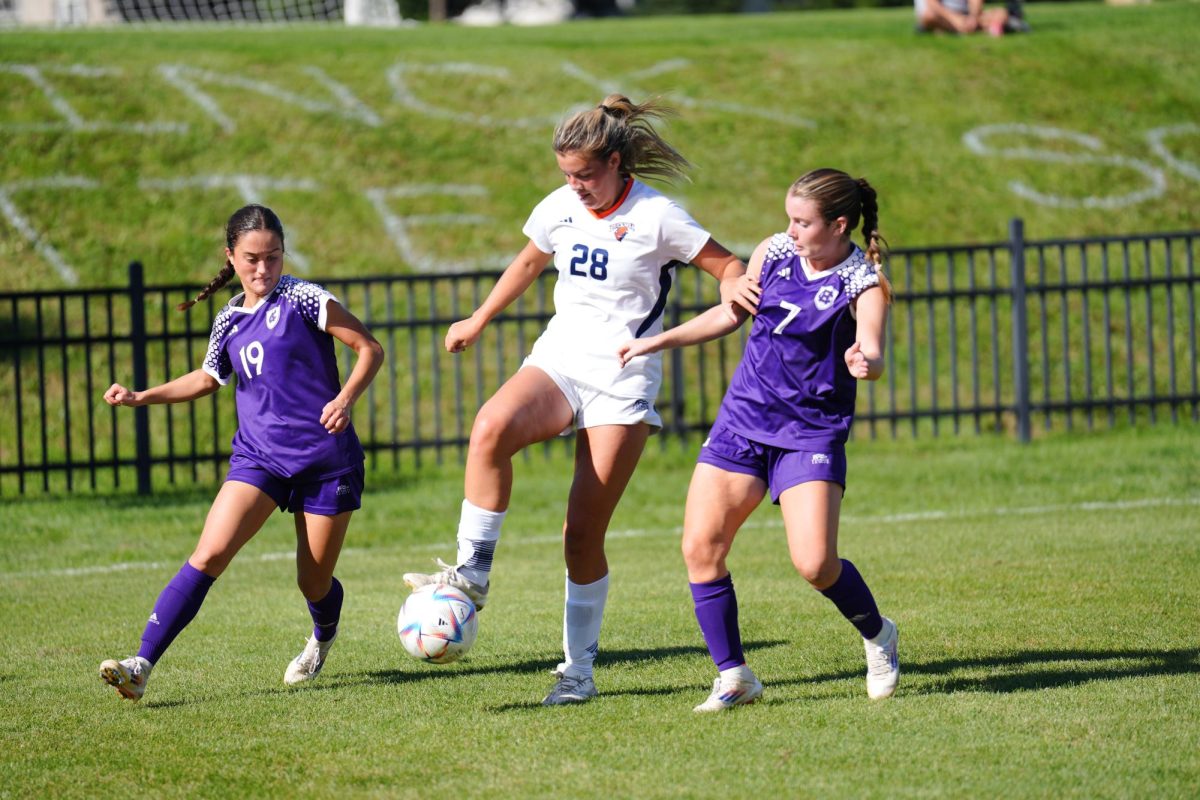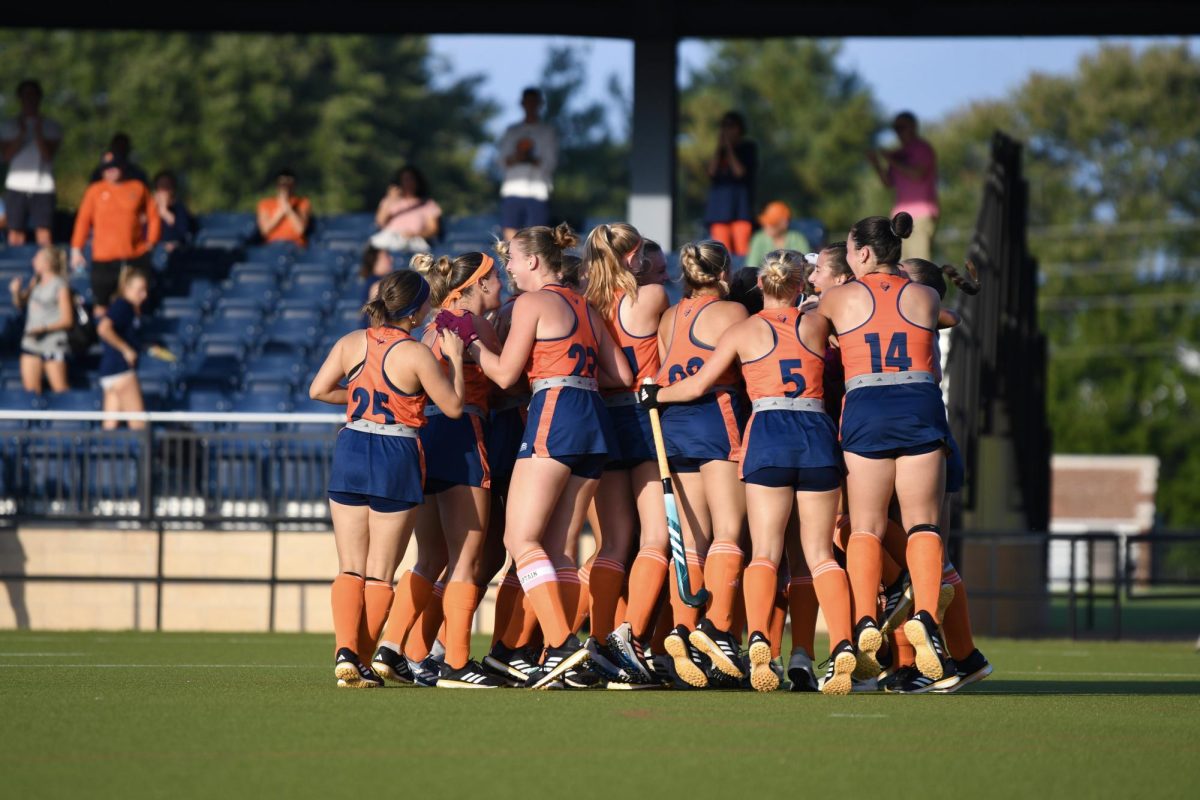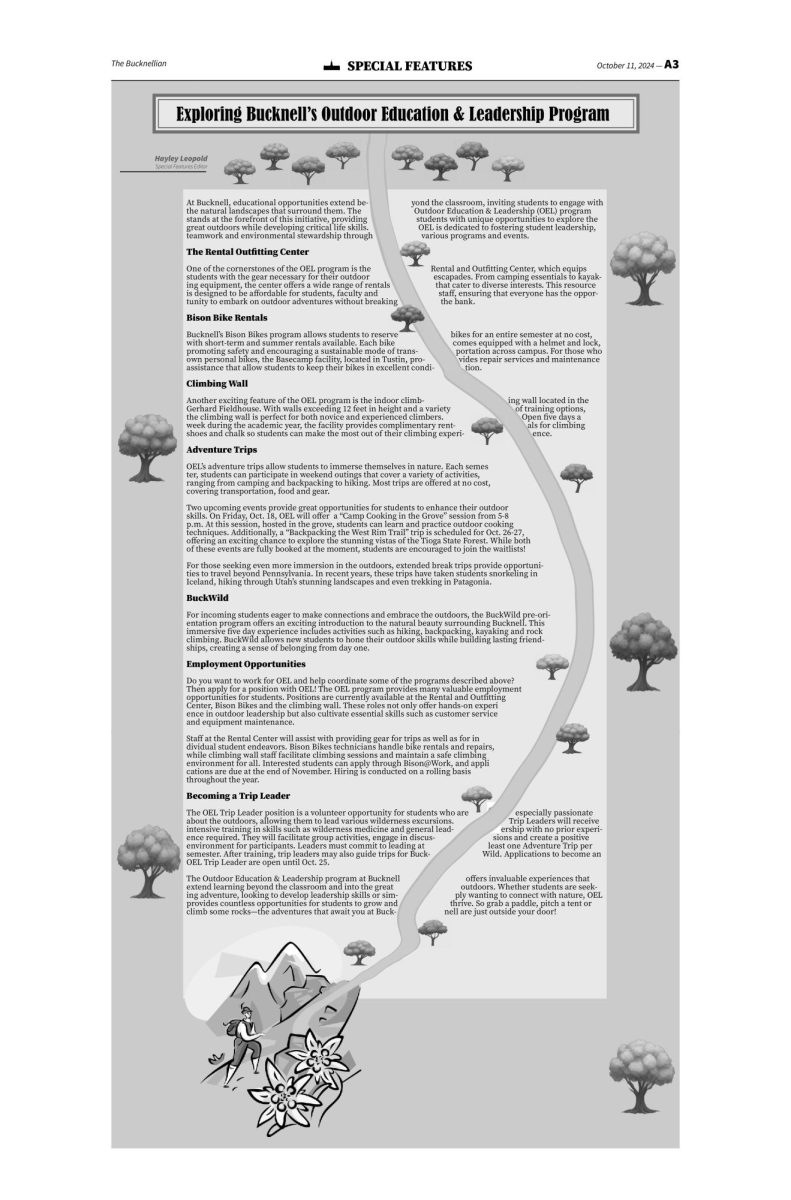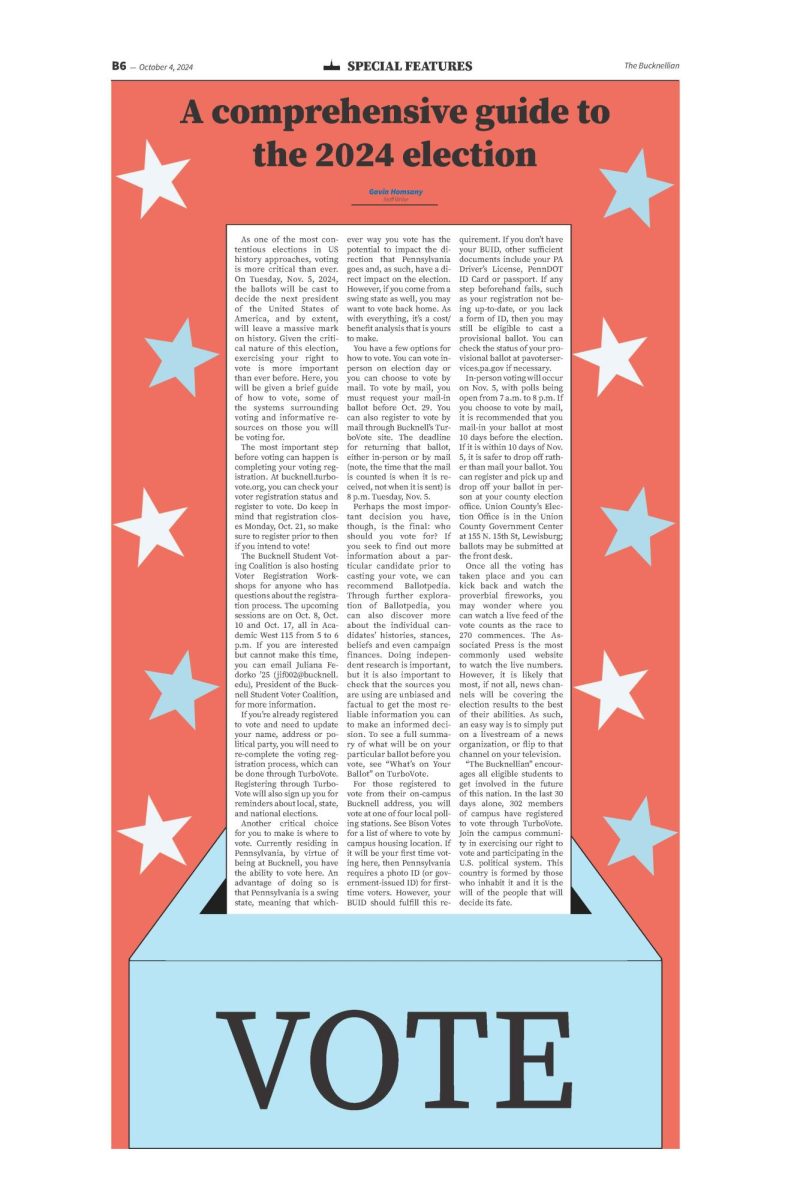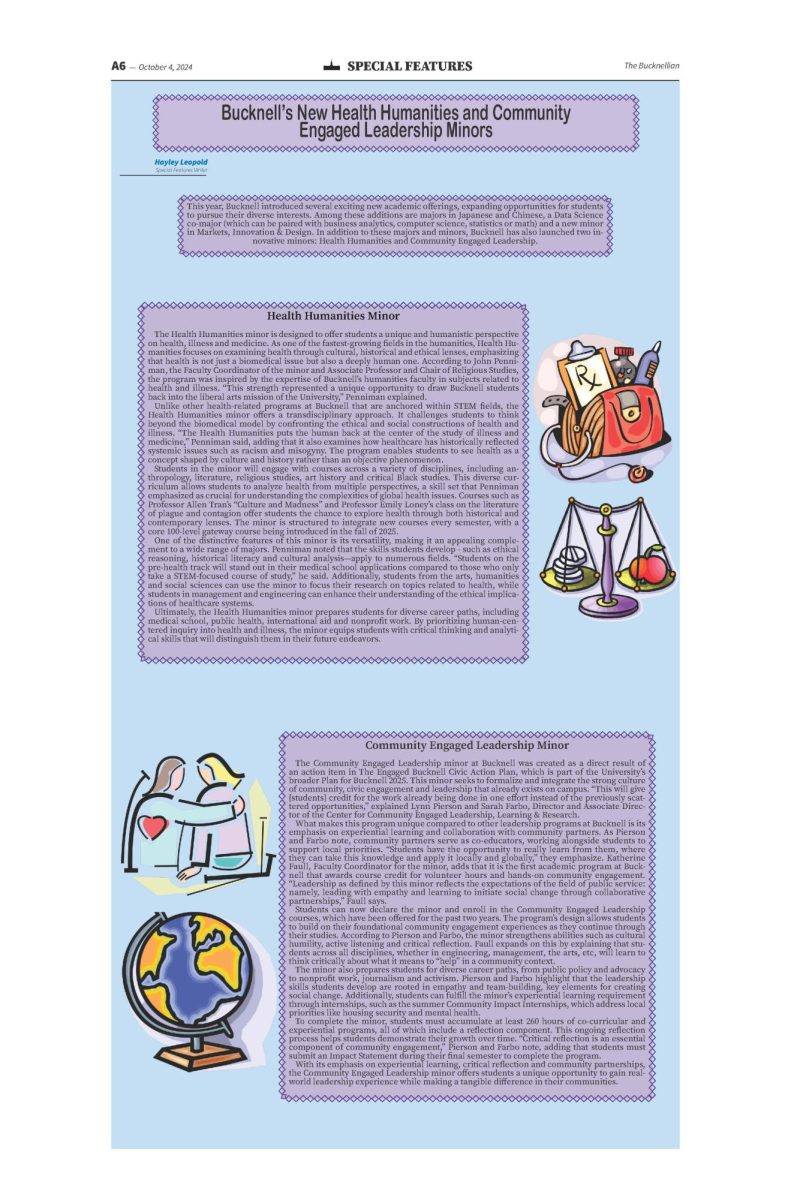Lights Out prompts energy-saving competition
April 7, 2015
The University’s “Lights Out” campaign is a new, campus-wide event that feeds into the larger event, Campus Conservation Nationals (CCN). CCN is a national energy reduction competition that over 175 colleges and universities participate in and the biggest energy and water reduction competition in history.
CCN makes it very easy for schools to participate by offering a variety of resources including tools to track energy usage for the duration of the competition. The goals are to use friendly competition to motivate students to consider energy conservation measures that they can take and recognize how small changes can really impact a college campus and the world.
On campus, the Inter Residence Hall Association (IRHA) and Students for Sustainable Development (SSD) are the forces driving the competition. The “Lights Out” competition is taking place between March 30 and April 20, and residence halls are competing against each other. The hall that reduces its energy usage the most in that time wins a prize. This competition does not require drastic lifestyle changes, but rather minor ones like turning off lights and unplugging devices when not in use.
“Spreading awareness about this is important in creating a climate on campus that emphasizes conserving energy in easy and simple ways,” Suzie Zubkoff ’18 said.
To make the competition even more interactive, there is a building dashboard and an Eco-Screen that people can use to track the energy usage on campus within a specific building. This allows participants to assess their building’s progress throughout the competition. Not every building is measuring its energy conversation at this point, but if this competition and other conservation measures become staples on campus, the University will continue to invest.
“We can’t very well manage what we don’t measure,” Campus Energy Manager Steve Durfee said.
This is the first year that the University has participated in the competition, but the hope is to foster a culture that considers conservation, and then use that as a springboard for other sustainability initiatives.
“Depending on the success of this year’s competition, some ideas for the future include getting academic buildings involved so that not only students, but faculty and staff will also be held accountable for their energy use, and we can conserve even more energy. Really, the competition is a win-win scenario–both the school and the environment benefit from energy reduction, so why not take part in a program like this?” Ashley Weir ’16 said.
Durfee also mentioned the possibility of a Patriot League competition. It is important to recognize how mutually beneficial these initiatives are and that the school as a whole benefits financially and environmentally from promoting sustainability-related events and projects.
“With the future expansion of the campus buildings imminent and the increased demand for energy, we’ll be grateful to have begun creating culture change that can in turn mitigate that demand to some extent,” Durfee said.





